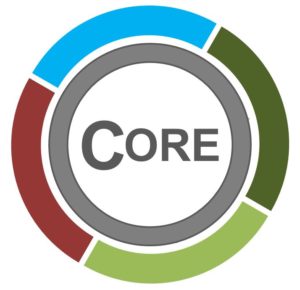
Conflicts with healthcare personnel are resolved in a professional and respectful manner
Professional conduct
- MRTs are accountable for their actions and conduct themselves with honesty and integrity in all their professional interactions1.
- The CAMRT Code of Ethics strongly emphasizes that the needs of the patient always come first1.
- Conflicts in the healthcare environment should be dealt with outside the patient interaction – conflict among colleagues can have an indirect influence on the relationship with the patient, affecting the delivery of care.
Addressing conflict in the workplace
- A direct and respectful approach is adopted to address conflict in the workplace, including2,3:
- Open discussion of issues, rather than acting on misperceptions or assumptions
- Collaboration to identify underlying causes of conflict
- A focus on behaviours that lead to conflict, as opposed to individuals
- MRTs are encouraged to make use of appropriate professional and institutional mechanisms to intervene when they witness unsafe, incompetent or unethical practice1.
- In certain situations, a neutral party (e.g., a professional mediator) may be necessary to help resolve the issue.
- Documentation of the problem offers recourse if no resolution is found.
References
-
Canadian Association of medical radiation technologists. Code of Ethics. CAMRT. June 2008. Available from: http://www.camrt.ca/mrt-profession/professional-resources/code-of-ethics/. [Accessed 3 Nov 2014]
-
College of Nurses of Ontario. Practice Guideline: Conflict Prevention and Management. Updated 2017. Available from: http://www.cno.org/globalassets/docs/prac/47004_conflict_prev.pdf. [Accessed 30 Apr 2018]
-
College of Medical Radiation Technologists of Ontario. Standards of Practice. Available at: http://www.cmrto.org/practice/sp_professional.asp. Accessed October 17, 2013.
